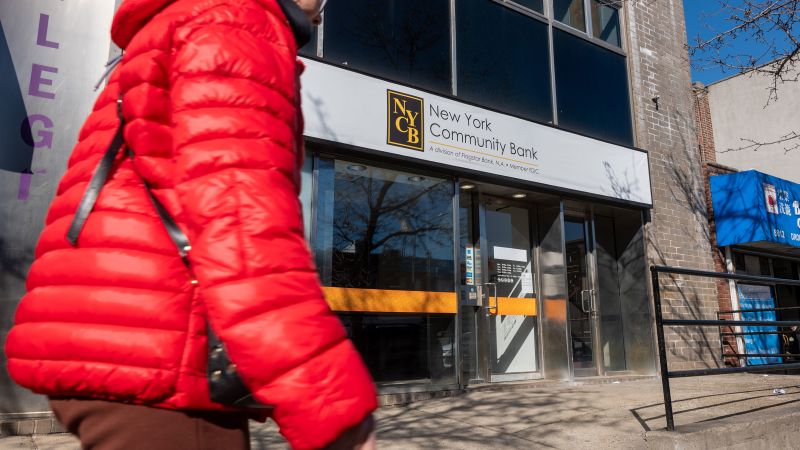America’s regional banks continue to face challenges despite overcoming a crisis in 2023. The SPDR S&P Regional Banking exchange-traded fund has fallen by roughly 13% this year, with significant declines in shares of banks like New York Community Bank, Bank OZK, and Webster Financial. Regional banks reported wide losses on their profits during the first quarter, with significant drops in net income at institutions like PNC Financial, M&T Bank, US Bancorp, and Citizens Financial. These banks also saw declines in their net interest income, with projections for further decreases in the coming year.
Elevated interest rates have been a drag on regional lenders, as they are required to pay more interest on deposits. This has also been a pressure on big banks, but their larger size has allowed them to weather the storm better. The collapses of Silicon Valley Bank, Signature Bank, and First Republic Bank last year led customers to move their funds to larger institutions, benefiting big banks. The pain is likely to continue, with investors pushing back expectations for when the Federal Reserve will cut rates. Fed Chair Jerome Powell stated that rate cuts may not come until September due to the strong economy and labor market.
Tesla will ask its shareholders to vote to approve the 2018 pay package that made CEO Elon Musk one of the world’s richest people. The pay package gave Musk options to buy 303 million split-adjusted shares of Tesla at a discounted price, but a Delaware judge threw out the package earlier this year. The company argues that the pay package was fair to shareholders because the value of their shares had soared since 2018. The vote aims to restore Tesla’s stockholder democracy.
A new study published on Wednesday found that record-breaking heat waves, severe floods, and acute wildfires exacerbated by climate change could lead to a 19% reduction in global income over the next 26 years. The financial impact of these extreme weather events will not only affect big governments and corporations but individuals as well. The study’s researchers emphasized that immediate actions to reduce climate change could help stem losses in the longer term.
The economic damage from climate change can take various forms, impacting agriculture, labor productivity, and cognitive ability, according to experts. Extreme weather events not only result in costly repairs to damaged property but can also have long-lasting effects on various aspects of society. Researchers believe that while some financial pain in the short term is inevitable, ramping up efforts to tackle the climate crisis now could help reduce losses in the future. This study highlights the urgent need for action to address the impacts of climate change on the economy and society.













